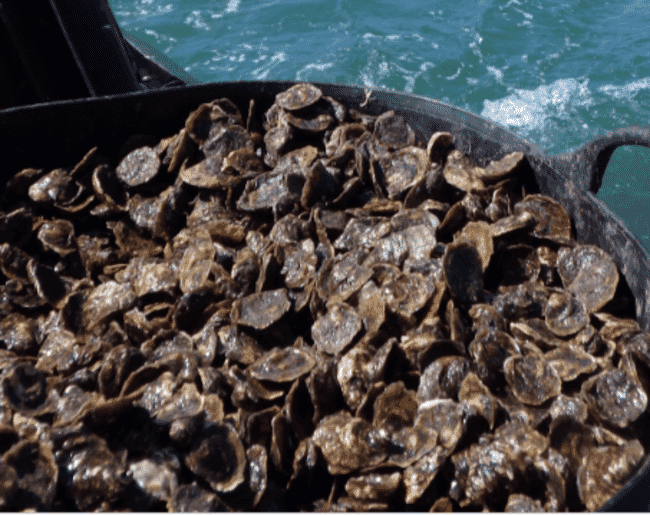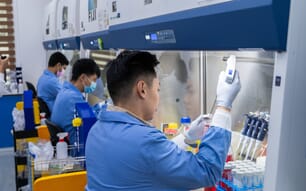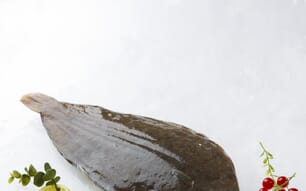
The initiative falls under the statutory research tasks of the Centre for Genetic Resources in the Netherlands (CGN) and the first samples of the flat oyster have already been collected for DNA research, according to Wageningen University and Research.
The following species are due to be monitored in the coming years:
- Crassostrea gigas (Pacific oyster)
- Ostrea edulis (flat oyster)
- Mytilus edulis (mussel)
- Anguilla anguilla (European eel)
- Scopthalmus maximus (Psetta maxima) (turbot)
- Sander lucioperca (pike perch)
- Saccharina latissima (sugar kelp)
- Ulva spp. (sea lettuce)
- Laminaria digitata (oarweed)
- Undaria pinnatifida (wakame; this is an exotic species, which has permanently
established itself in the Netherlands)
Sampling will take place at selected locations in the Netherlands and the analyses of the DNA data will provide an overview of the genetic diversity of the population or populations of selected species living in Dutch waters.
The programme also offers the potential to store genetic material for the long-term safeguarding of genetic diversity, as is already the case for other livestock species and the gene bank for seeds of plants and crops. To this end, exploratory research is first conducted into available protocols for cryopreservation (freezing in nitrogen) for the relevant aquatic species. In addition, if and how cooperation with commercial aquaculture production companies and with research groups would be possible will be explored.
The rationale behind the project
Initial aquaculture stocks are still often obtained from wild populations. Therefore, it is important to monitor genetic diversity of the wild populations of the relevant aquatic species.
In 2021, the Netherlands committed itself internationally to the implementation of the FAO Global Plan of Action (GPA) for the conservation and sustainable use of aquatic genetic resources. In preparation for this, CGN already prepared a Dutch country report, an inventory of aquatic genetic resources, in 2017 at the request of FAO and commissioned by the Ministry of Agriculture, Nature and Food Quality (LNV).
As a follow-up to this country report, CGN then performed an investigation, also commissioned by the Ministry of Agriculture, Nature and Food Quality, into which Statutory Research Tasks should be given priority for aquatic genetic resources.
The project will explore which genetic tests are available for the relevant species and protocols are then drawn up before genetic monitoring can start. The implementation of the design and actual monitoring of genetic resources will not be the same for all species. Where possible, cooperation will take place within the infrastructure and expertise of the Centre for Fisheries Research (CVO).




